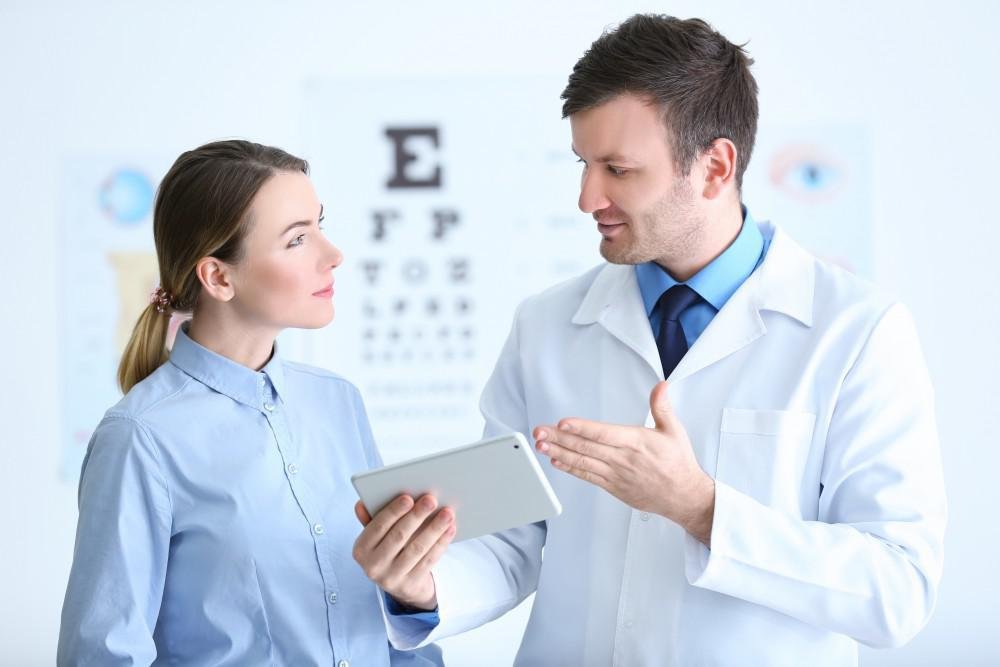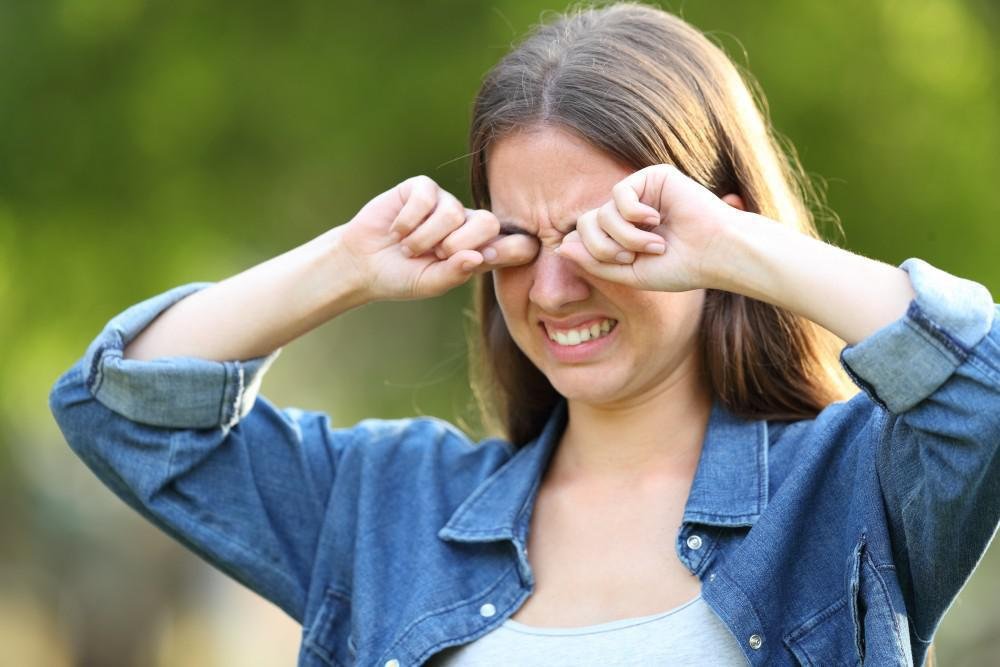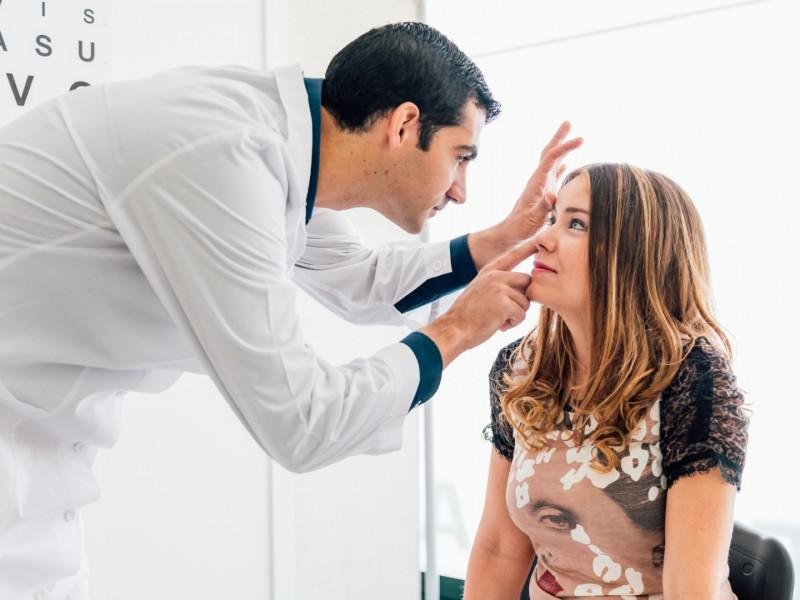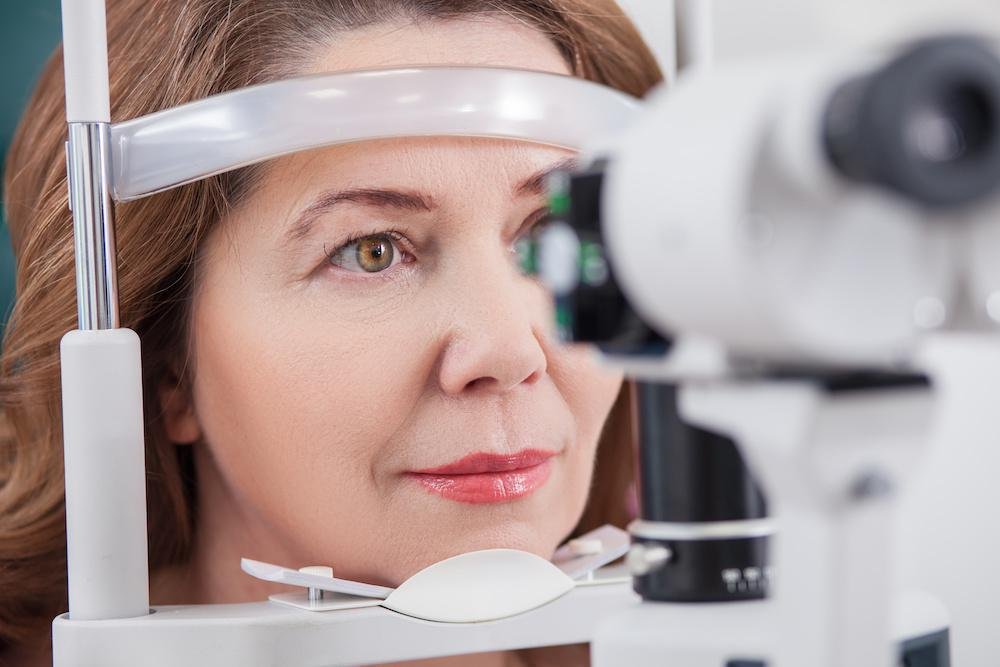
Why sunglasses are so crucial
Throughout the year, sunglasses shield your eyes from the sun’s harmful ultraviolet (UV) rays.
According to the National Eye Institute, sunglasses should protect you from at least 99% of UV rays for the best results.
That big ball of fire in the sky that warms us can also wreak havoc on our sensitive eyesight. It may even make our eyes sunburnt. In addition, too much sun exposure may lead to such serious eye conditions as:
- Cataracts. When proteins clump together, they make your lens, and vision, cloudy.
- Pterygia. Bumps appear on the whites of your eyes, invading your cornea.
- Macular degeneration. This causes blurred central vision due to excess protein or leaky blood vessels.
Your best insurance against these and other vision problems includes wearing sunglasses with 99%-100% UV protection whenever you go outside during the day.
Avoid snow blindness
During the winter, snow causes vision problems such as photokeratitis (snow blindness). Skiers and others spending time in the snow decrease their chances of snow blindness by wearing the proper sunglasses.
The only organ in our body that allows light to enter deeply, our eyes need protection from potentially damaging rays. According to the World Health Organization (WHO), UV Rays even cause cancer of the eyes, such as melanoma, and basal cell carcinoma of the eyelids. They estimate up to 20 percent of cataracts are due to UV radiation, and are therefore avoidable by taking the proper precautions. This includes regularly wearing sunglasses, even on cloudy days, when UV rays still shine through.
Polarized versus non-polarized lenses
Polarized sunglasses reduce glare. They also make it difficult to read certain screens, such as GPS. Transitional lenses that grow darker in the sun work well. However, they may not grow dark enough while you’re driving. We fit you for the proper type of glasses for every occasion.
A few ounces of prevention
Dr. Patel and our team advise you about which sunglasses best fit your lifestyle. Those spending more time outdoors may benefit from glasses that wrap around or offer side protection. All sunglasses should provide a large frame to block the most sunlight. Nearly every part of your eye, and skin, for that matter, is affected by UV light. From cataracts and macular degeneration to cancer of the eyeball and eyelid, UV rays damage your vision. Sunglasses remain one of the coolest ways to protect your eyes 365 days of the year.
Let us help you see the world clearly
We’ll show you different shapes and styles to match your features and lifestyle. If you’d like to get fitted for the proper sunglasses or simply wish to schedule a routine exam, contact our talented team at Classic Vision Care. Call us or book an appointment online today.
You Might Also Enjoy…
Is Squinting Bad for Your Eyes?
If you find yourself squinting throughout the day in order to see better, it may be a sign you need glasses. Is continuous squinting bad for your eyes? See how you can correct your vision without squinting.
Millions of people suffer from dry eyes in the United States alone. Discover five common symptoms and how to prevent and treat this uncomfortable condition to avoid further complications.
Are Glasses Better than Contacts?
Trying to decide between wearing eyeglasses or contact lenses? Consider all the factors, including comfort, ease, and appearance. We’ve compiled a list of pros and cons to help you see your way through this significant decision.
How Astigmatism Affects Your Vision
Astigmatism causes a variety of symptoms ranging from blurred vision to eye discomfort and pressure. Understand how a comprehensive eye exam can pinpoint the cause of your symptoms and get your sight back on track.
Who Is at Risk for Glaucoma?
Could you be at risk for glaucoma? The short answer is that everyone, especially seniors, is at risk for glaucoma. Learn how to lessen your odds of losing your sight through early detection and treatment.
5 Steps to Prevent Diabetic Eye Disease
People with diabetes are more vulnerable to certain eye diseases, such as glaucoma, cataracts, and diabetic retinopathy. Learn what steps you can take to slow their progression and potentially avoid them in the first place.






